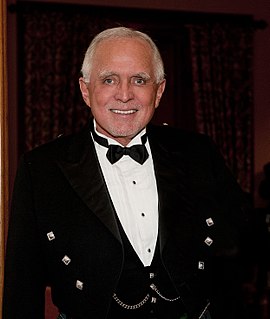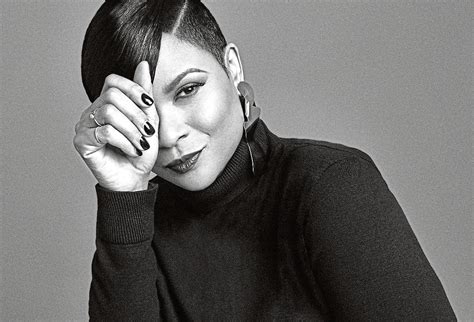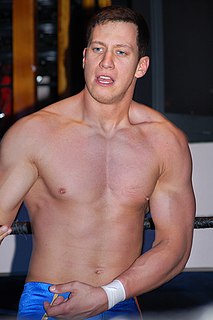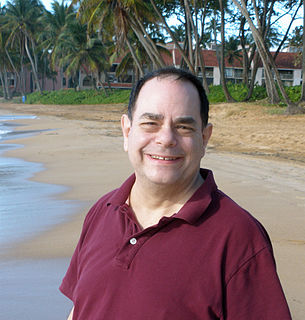A Quote by Marvin J. Ashton
Some of us are inclined to look to the weaknesses and shortcomings of others in order to expand our own comfort zone.
Quote Topics
Related Quotes
Before making peace, war is necessary, and that war must be made with our self. Our worst enemy is our self: our faults, our weaknesses, our limitations. And our mind is such a traitor! What does it? It covers our faults even from our own eyes, and points out to us the reason for all our difficulties: others! So it constantly deludes us, keeping us unaware of the real enemy, and pushes us towards those others to fight them, showing them to us as our enemies.
Everybody have equal rights to a life of full flourishing. Philosophy slowly, slowly has given us arguments saying, look, you already committed to your own life flourishing, and you're being inconsistent if you don't expand it. So philosophy often works in trying to show us that there's an inner incoherence in our points of view. We're all committed to one thing when it comes to us and our own kind, but we're not willing to expand it and we're guilty of inconsistency.
To live a fulfilling life, we must combine passion with compassion and strength without strife; we must get out of our comfort zone and into our strength zone; and we must work every day with discipline to ensure that our daily agenda reflects our values, our priorities, and the legacy we wish to leave for others.
The sad thing is that, even though we know our lives aren't working in certain areas, we are still afraid to change. We are locked into our comfort zone, no matter how self-destructive it may be. Yet, the only way to get out of our comfort zone and to be free of our problems and limitations is to get uncomfortable.
Leaders should get out of their comfort zone but stay in their strength zone. When their work lies within their natural gifting and strengths, leaders experience the greatest return in productivity and contentment. Life is too short to live in the comfort zone, where growing and accomplishing and achieving your potential takes a back seat. I suggest you refocus if the comfort zone is your leadership priority.
Emotional dependence is the opposite of emotional strength. It means needing to have others to survive, wanting others to "do it for us," and depending on others to give us our self-image, make our decisions, and take care of us financially. When we are emotionally dependent, we look to others for our happiness, our concept of "self," and our emotional well-being. Such vulnerability necessitates a search for and dependence on outer support for a sense of our own worth.



































